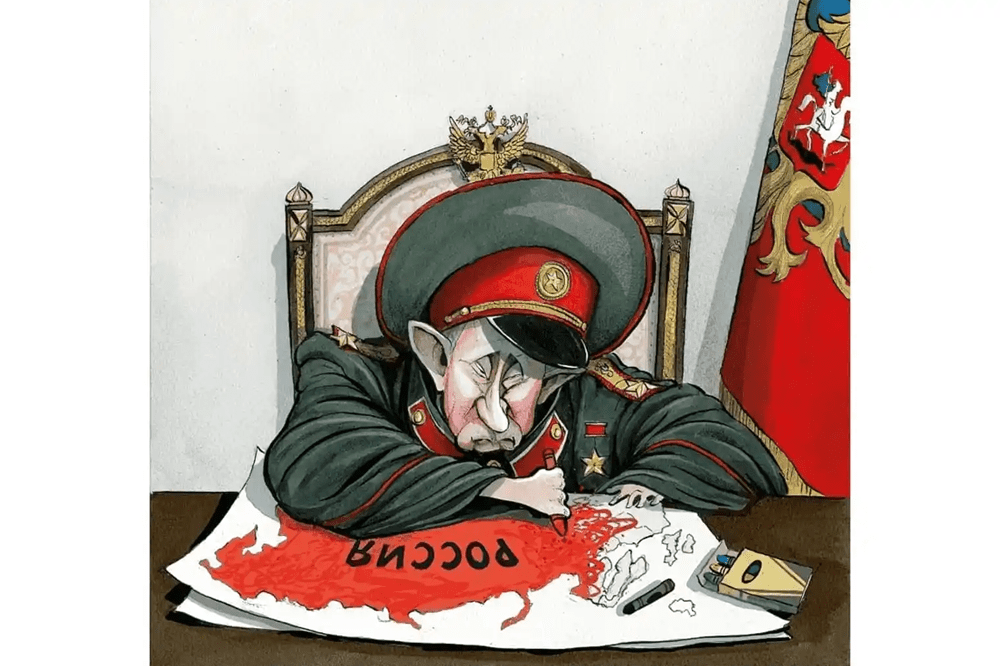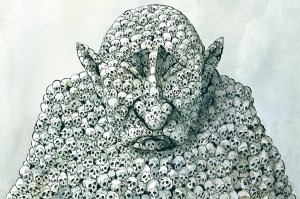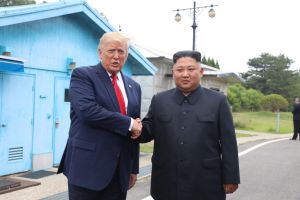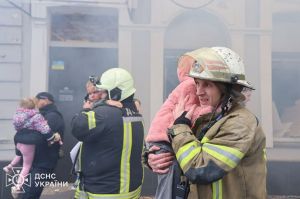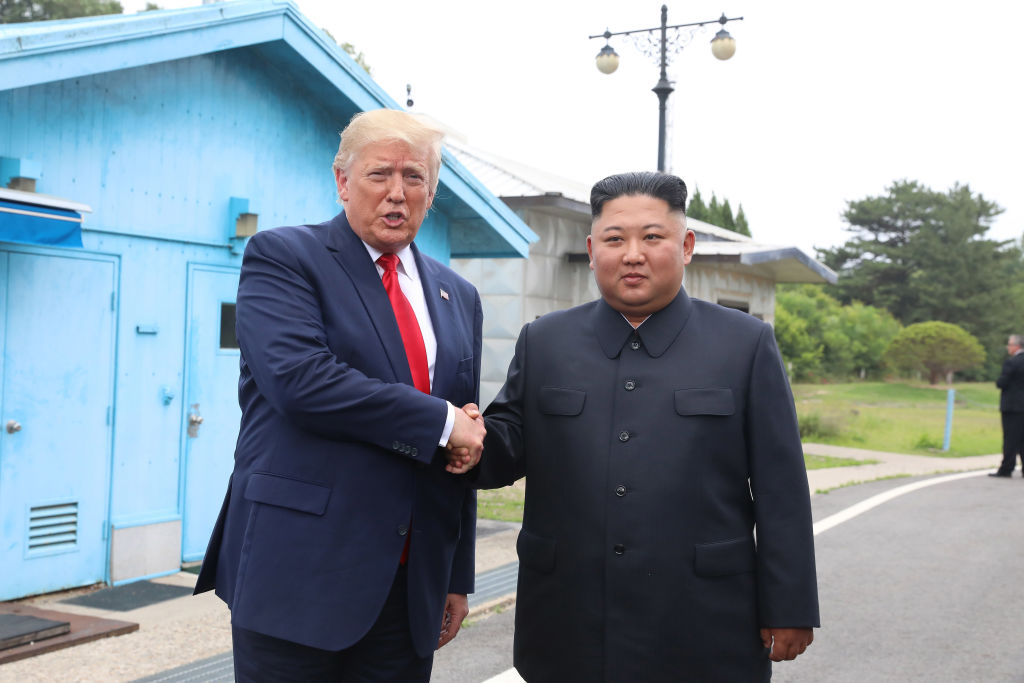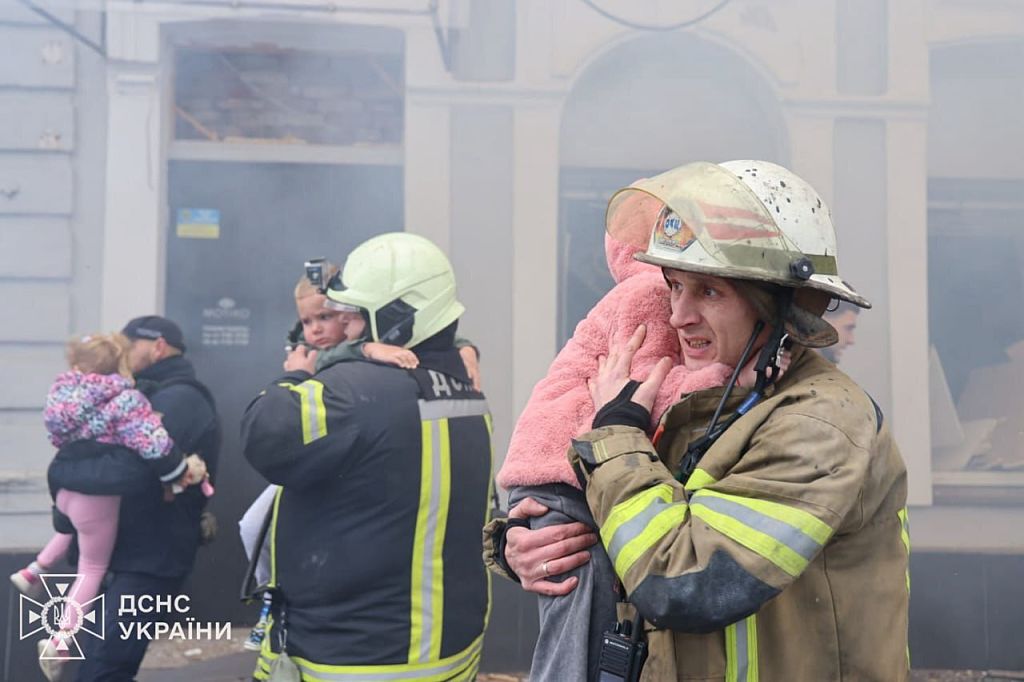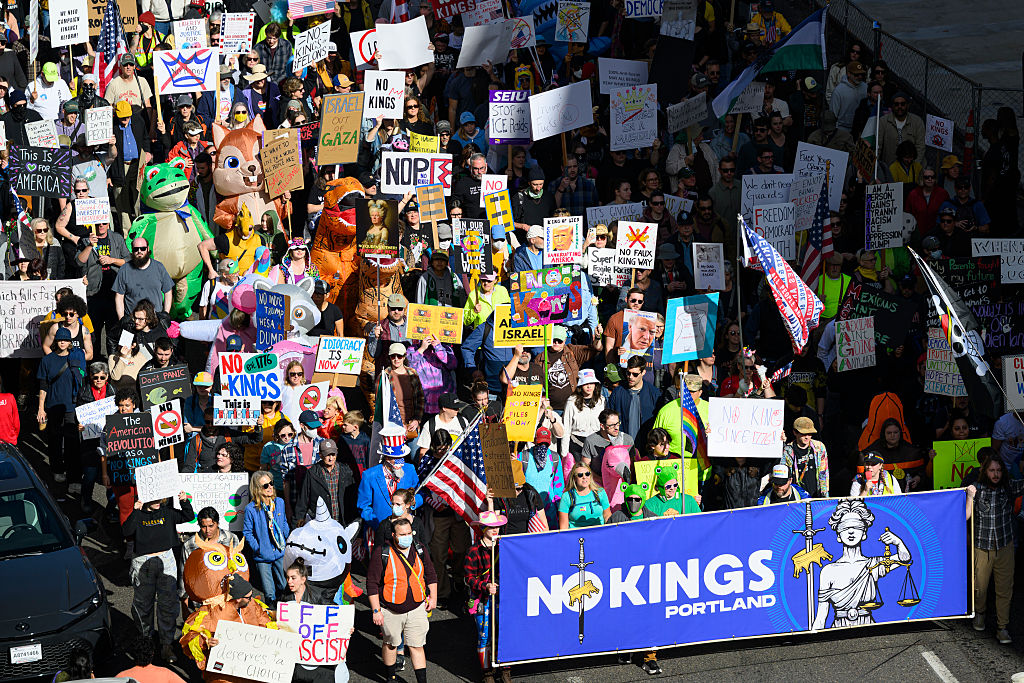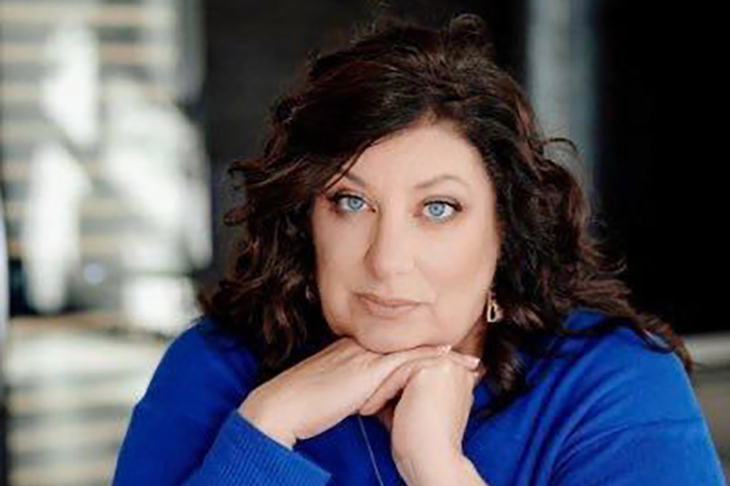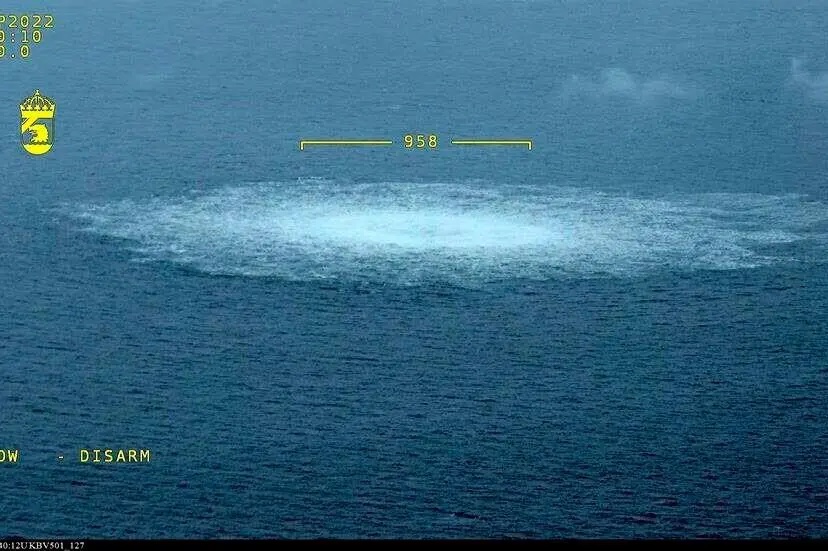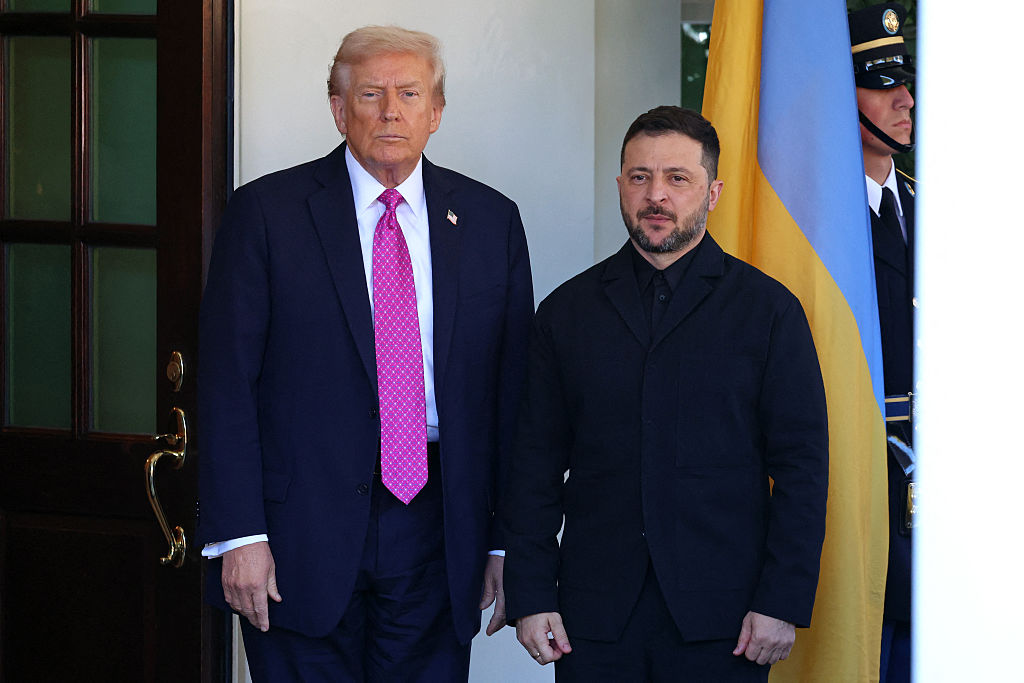As the war in Ukraine spilled into Russian territory, with shelling in the Russian city of Belgorod, President Vladimir Putin was busy explaining that he “sleeps like a normal person” during an online meeting with families to honor Children’s Day. That Putin mentioned his healthy sleeping pattern, without discussing the ongoing Ukrainian incursion into Belgorod – where civilians, including children, were being evacuated — left some observers wondering who is actually running the country while he plays war.
The Russian regime is far from monolithic, and there are other forces in power besides Putin and the turbo-patriots
Putin has a penchant for disengaging and struggling to make decisions, especially when there are no good ones left to make. He will micromanage his generals, but when it comes down to serious policy choices — like whether to announce another round of mobilization, or intercede in the vicious conflict between his defense minister Sergei Shoigu and the head of the Wagner mercenaries Yevgeny Prigozhin — he can’t seem to make up his mind.
Which is odd, because aside from his floundering military campaign, the Russian economy is doing surprisingly well for a country slapped with unprecedented sanctions and isolation. Despite forecasts of a double-digit contraction, the economy shrank by just 2.1 percent in 2022 — less than it did during the pandemic year of 2020. And in April, the International Monetary Fund raised its prognosis for 2023, forecasting growth of 0.7 percent.
While Putin is focusing all of his attention on the front — but without actually deciding much — the business of actually running the country has fallen to his prime minister, Mikhail Mishustin. The resilience of Russia’s economy and its day-to-day functioning is owed to Mishustin and his team of technocrats in the cabinet, as well as the fiscal miracles being worked by Central Bank chief Elvira Nabiullina. The prime minister has done a great deal to reorient Russia’s economy towards the global southeast, and has acted with a considerable degree of autonomy in dealing with foreign heads of state.
It was Mishustin, not Putin, who traveled to China on May 24. He met not only with his counterpart, premier Li Qiang, but also directly with President Xi Jinping. Russia is the junior partner in its relationship with China, so it is significant that Mishustin, and not Putin, reciprocated this state visit.
What is interesting, though, is that evidence suggests Mishustin does not support the war. At the fateful Security Council meeting on February 21, 2022, when Putin essentially asked each of his officials to approve a decision to recognize the secession of a good chunk of Ukrainian territory, Mishustin was one of only three officials who instead favored continuing talks with the West. Insiders say Mishustin was not even informed of the plans to invade until the night before. Moreover, in his public statements, Mishustin, unlike the majority of officials eager to stoke patriotic fervor, avoids talking about the “special military operation” when he can. True, he was responsible for implementing Putin’s orders on economic and social mobilization to support the war effort, but it is believed that even in private he doesn’t like talking about the war.
That has led some observers to identify a “party of silence” or even a “party of peace” in the Kremlin that does not support the war, and which includes powerful officials close to Putin such as Moscow mayor Sergei Sobyanin.
And this is where things get interesting. While Russia is very much ruled by a system where personal relations with the president often take precedence over institutional power, that is only part of the picture. Institutions still matter, and as prime minister, Mikhail Mishustin is the second most powerful man after Putin, regardless of Yevgeny Prigozhin’s temper tantrums. All state bodies — except the so-called of “men of force,” or siloviki, such as the defense ministry and security agencies — report to the prime minister. In addition, Putin’s practice of over-delegating hard decisions — especially during the pandemic — further beefed up Mishustin’s role.
Mishustin cannot simply go to Putin and talk him out of the invasion. His power depends on his trustworthiness and his impeccable loyalty. Which leaves him little other choice but to make the best out of an impossible situation and at least preserve Russia’s economy to the extent that he can.
All of this is important, however, because it demonstrates that the Russian regime is far from monolithic, and there are other forces in power besides Putin and the turbo-patriots — the loud supporters of the war in Ukraine.
Right now, keeping quiet and doing their job is the only option for these silent, pragmatic technocrats, and we shouldn’t expect them to be in a position to sway Putin towards peace anytime soon. But a time will come when these forces may well be deciding Russia’s future. It is a giant stretch to call them the “good guys”: mired in corruption and complicit in the war, they will inevitably face a reckoning. But beyond the magical thinking about Russia’s disintegration, or conversely its overnight transformation into a peaceful democracy, western policymakers need to start thinking about a realistic future for Russia if they are serious about sustainable security in Europe. These technocrats will not have the answers anytime soon, but alienating them wholesale is not in anyone’s interests.
This article was originally published on The Spectator’s UK website.



